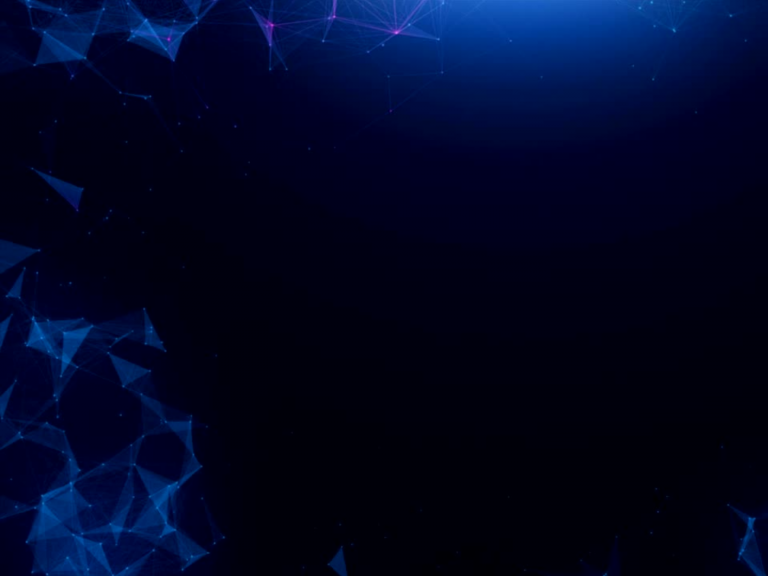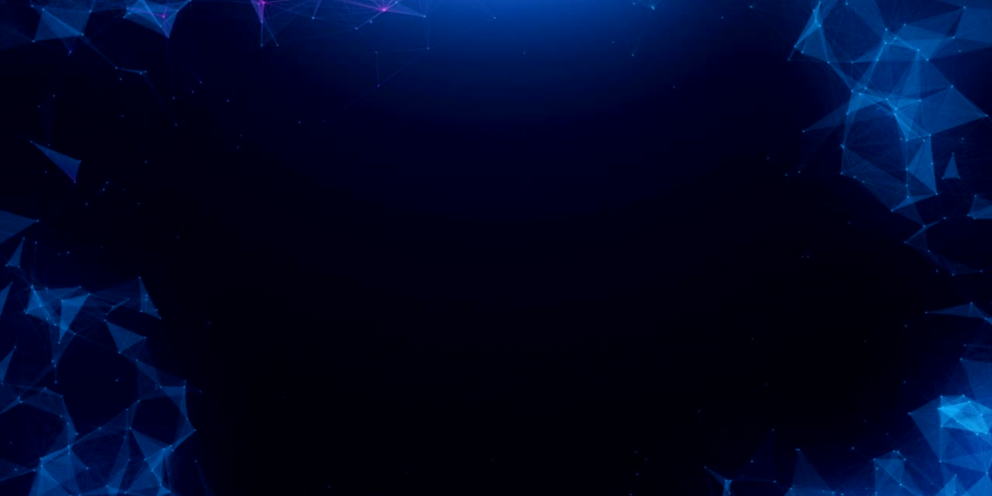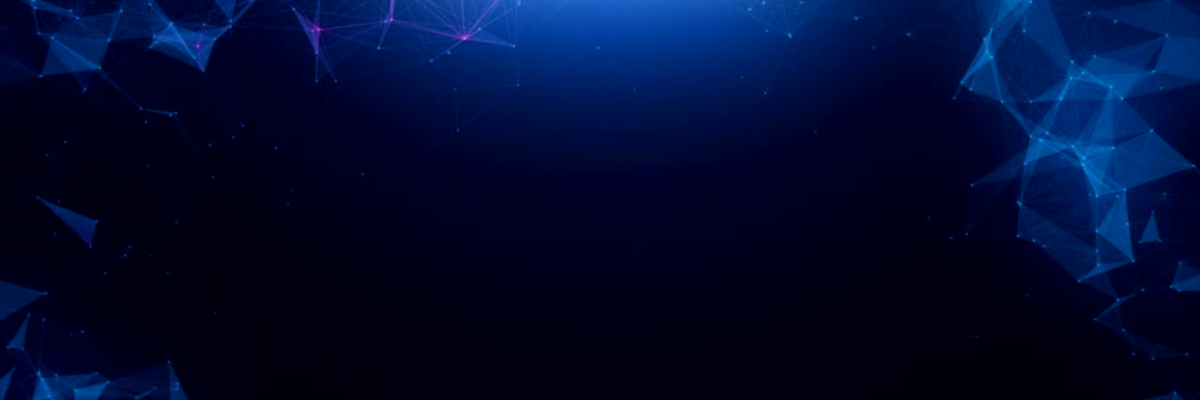Who can submit a proposal?
Anyone may submit an event/session proposal for the Metaverse Safety Week 2022!
You don’t need any particular level of expertise to host or facilitate a session: what really counts is that you have a brilliant idea, project, or topic, and you choose one of the MSW topics. However, if you are under the age of 18 (or the age of majority in your jurisdiction if older), your parent or guardian must complete the form for you.
Are there other ways to submit my idea?
Sure! If you feel uncomfortable with the online form or it doesn’t fit your proposal, don’t hesitate to email us at speakers@xrsi.org, and we will get in touch with you as soon as possible.
What’s the deadline for my proposal?
We can accept your proposals until Friday, September 30 at 23:59 PDT. After that date, our agenda will be locked. If you want to be part of Metaverse Safety Week differently, you can record a short video (15 minutes max.) that will be shared on the MSW website as part of the campaign.
How can I prepare the best proposal?
This year we are looking for sessions to help audiences increase their understanding of the risks and opportunities stemming from Metaverse-related technological convergence. We would love to see topics that align with our current agenda. To get started, pick your favorite topic from the existing Metaverse Safety Week agenda:
- Day #1 (Dec. 10) – Human Rights in the Metaverse
- Day #2 (Dec. 12) – Digital Culture, Arts, and Media
- Day #3 (Dec. 13) – Child Safety and Children’s Rights
- Day #4 (Dec. 14) – Medical XR and Immersive Healthcare
- Day #5 (Dec. 15) – Policy, Trust, and Governance
Each day is a collection of sessions, roundtables, panels, art installations, and workshops exploring issues and current topics focused on creating a better and safer Metaverse for all. Your session proposal should relate and respond to the topic you choose.
You can email the Metaverse Safety Week team at speakers@xrsi.org for advice on any doubt you might have. We want to showcase your knowledge and make every idea shine!
What kinds of sessions happen at Metaverse Safety Week?
The basic principle is that the only limitation is your imagination: we are building new realities, right?
If you want some inspiration, these are the sessions we typically host during Metaverse Safety Week.
Art, Movies, and Podcasts
Includes art exhibits, interactive & immersive media, film & video, games, or podcasts.
No time limit.
Social Moments
Sessions focused on bringing the community together in a social format. This could include a meetup, a watch party, or a games evening.
No time limit.
Discussions/Panels
Sessions that hold space for building shared understanding, the open exchange of knowledge, or surfacing collective vision to develop new ideas among facilitators and participants collaboratively.
Time limit: 60 mins
Talks
Pre-recorded learning sessions or lightning talks focused on sharing skills, research or methodology.
Time limit: 30 mins
Workshops
Sessions that hold space for participants to collaborate on specific outputs like code, steps in a project, or collectively solving a problem. In Workshop sessions, participants should be producing something together and making or creating an output.
Time limit: 60 or 90 mins
Is there any principle I must follow?
At Metaverse Safety Week, everyone is free to submit anything, but there are some principles we ask you to follow.
1. Participation
Be sure your session is delightful, fun, or otherwise compelling and engaging for your audience members. Design engagement with a strong sense of purpose and productivity in mind. Ensure that your attendees feel involved in the session’s work and that they see its importance and benefit to them and their communities and work. Think of yourself as a facilitator, not a lecturer. Your role is to help attendees actively engage with your work, not just to tell them about it.
2. Accessibility
The Metaverse should be accessible to everyone! Think about accessibility as you design your session.
- Plan activities that can be approached in several ways to accommodate your audience members’ needs. You might invite small-group discussion before whole-group discussion or give time to contribute to a shared doc instead of speaking.
- Avoid planning activities that rely on a single mode of engagement or expression. For example, don’t depend entirely on physical activities that require a lot of moving around (that might exclude persons with disabilities with physical or spatial challenges) or entirely on whole-group discussion (that might exclude introverts or people who need interpreters or translators to participate if those folk are not available to your session).
- If you have materials to share with audience members, plan to share them well ahead of time in formats easily accessible by screen-readers. Think about high-contrast color schemes and large print that make documents easy for people to read.
- Mind your pacing, too.
- Try not to cram so much stuff into your session proposal that you go too quickly and lose people.
Consider accessibility guidelines like these ”Accessibility Guidelines for Presentations” from the Society for Disabilities Studies as you imagine your session proposal. It’s also always a great idea to share your proposal with people who have lived with disabilities and can give you authentic feedback on your ideas.
3. Make it inclusive
Think through your session plan and content to make sure it is inclusive, safe, and welcoming for everyone. Here are a few examples of how to do that:
- Be sure to represent key stakeholders in any resources you share and consider partnering with co-facilitators from key stakeholder groups.
- Think about how to structure activities and conversations to help people feel comfortable and safe speaking honestly with each other. Provide guidelines for discussion, or establish them with your audience through a quick brainstorming activity, to remind people of how to treat each other with kindness, curiosity, and affirmations.
- Rehearse what you might say if someone in your session needs help to participate more fully or to hold space for others to speak.
- Account for your own biases and design against them to ensure you invite as many different people to participate in your session as possible, not just those you imagine to be the “right people” for your audience. Imagine having 5, 15, or even more than 25 people in your session: how would you help them all feel included? Imagine an 8-year-old attending alongside an 80-year-old, a novice next to an expert; this will help ensure that your session is inclusive for everyone.
4. Know what you want and set goals
Decide what you want to get from your session as part of your design process. You probably already have a good idea of the content and experiences you want to share with audience members. You might already know what you want them to get out of your session. You can check by asking yourself questions like these:
- What do you hope to achieve?
- What are your goals?
- How can their participation help you?
- What can you learn alongside them?
- Whose insights do you need to really improve your work, and how can your session help you gather those people and ideas together?
You should leverage your session not only to amplify and share your work but also to advance and improve it in ways you couldn’t without the help of the community.
5. Stay connected
Build a call-to-action for your audience members as part of your session proposal. That could allow participants to exchange contact information with you and each other. You might research how to provide a voluntary, opt-in email sign-up form for a newsletter, share your project’s social media details, and invite people to follow you.
Have an idea of what you might do together beyond the session and share it before it ends. You might contribute to one another’s projects, join each other’s online communities, or start something new together. Imagine your session as a specific moment and place to check in with each other while combining your efforts for a healthier internet and trustworthy AI throughout the year.
How does the review process work?
Once we receive your proposal, our community organizers will review it. We tend to open dialogue with every person or organization that submits a proposal, trying to avoid duplicates and fostering participation, diversity, accessibility, and inclusion. One of our community organizers will get back to you as soon as the review has been completed.
What happens after my proposal has been accepted?
After your proposal is accepted, the publicly shareable data will be published on this website as part of the Metaverse Safety Week agenda and promoted through our channels.
Any sensitive information you submit (such as your email address and accessibility requirements) is redacted from the public view and can only be seen by our team.






